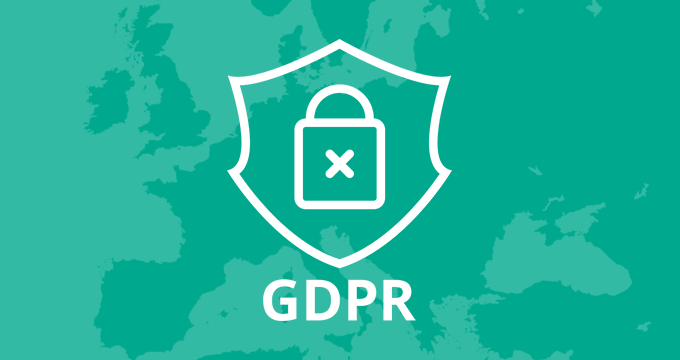Archiving unstructured data solves a major financial industry compliance problem
Compliance with regulations can make or break businesses in the financial industry. Whether a firm is having a great quarter in terms of profitability or contending with a widespread bear market, business leaders know that a regulatory audit will eventually arrive on their doorsteps. Another inevitability: Unless a company is in complete compliance with the many rules set forth by relevant regulatory agencies, it will suffer fines and penalties.
Contending with this sort of inevitability doesn’t have to be a protracted struggle or one that saps a firm in the financial world of precious time and resources, however. Businesses that take the right approach to data archiving make this important aspect of compliance a reasonable consideration, and one that requires very little in the way of regular monitoring or employee interaction. What technology and processes can make this shift from major concern to a manageable one possible? Let’s take a look.
“Compliance with regulations can make or break businesses in the financial industry.”
Security, automation and indexed recordkeeping
One of the most crucial components of an effective unstructured data archiving tool is its indexing capabilities. While it’s important above all that the necessary communications – be they emails, social media posts or instant messaging chat logs – are stored securely in compliant formats, the relative power of indexing and search capabilities can make or break an archiving solution in terms of usefulness. With powerful archiving and associated search, companies can reliably and quickly bring necessary information to the forefront. Along with proper retention, this approach can reduce the duration of a regulatory action and demonstrate competency to auditors as well.
Automation of many data archiving functions also improves the functionality of such solutions. A secure, accessible archive is always paramount – but that archive could easily be incomplete or otherwise compromised when staff must manually add communications records to it. A companywide, automated process that makes sure all unstructured digital conversations are brought into the archive provides a high level of security and protects compliance efforts from human error. The combination of secure functionality, widespread automation, and indexed records helps businesses move past bare-minimum efforts to meet regulations and exceed them instead.
A recent example
The Financial Industry Regulatory Authority recently fined major trading firm Scottrade $2.6 million due to inadequate archiving and retention practices. The firm was cited for two major violations of FINRA’s regulations: It didn’t properly retain records such as emails and failed to implement an electronic system to achieve compliance with FINRA and Securities and Exchange Commission rules. A lack of organization and cognizance of retention requirements played a part, as did the lack of any designated supervisors for the process. Both a lack of appropriate archiving technology and the absence of guidance and leadership influenced FINRA’s decision.
Staying on top of regulatory concerns
Compliance is a never-ending concern. Businesses must remain vigilant and ensure they make the right choices to stay on the right side of the rules. A secure, advanced archiving solution provides the foundation that successful compliance programs are built on. Businesses in the financial sphere must also take stock of their current operations and make sure all aspects of data retention are addressed appropriately. An archiving solution can save much of the work of compliant storage and recall from falling on staff members and provide a level of assured security, but it doesn’t completely address the human side of concerns. When business leaders engage staff and make them recognize the continual importance of compliance, a certain kind of synergy results. The combination of an informed staff and the right data archiving solutions helps businesses in the financial world solve the problem of ongoing compliance, setting those companies up for success.
![Keeping-unstructured-communication-data-secure-and-accessible-is-crucial-to-meeting-and-exceeding-regulatory-needs_2122_40096484_0_14118661_500[1]](https://jatheon.com/wp-content/uploads/2015/11/Keeping-unstructured-communication-data-secure-and-accessible-is-crucial-to-meeting-and-exceeding-regulatory-needs_2122_40096484_0_14118661_5001.jpg)










